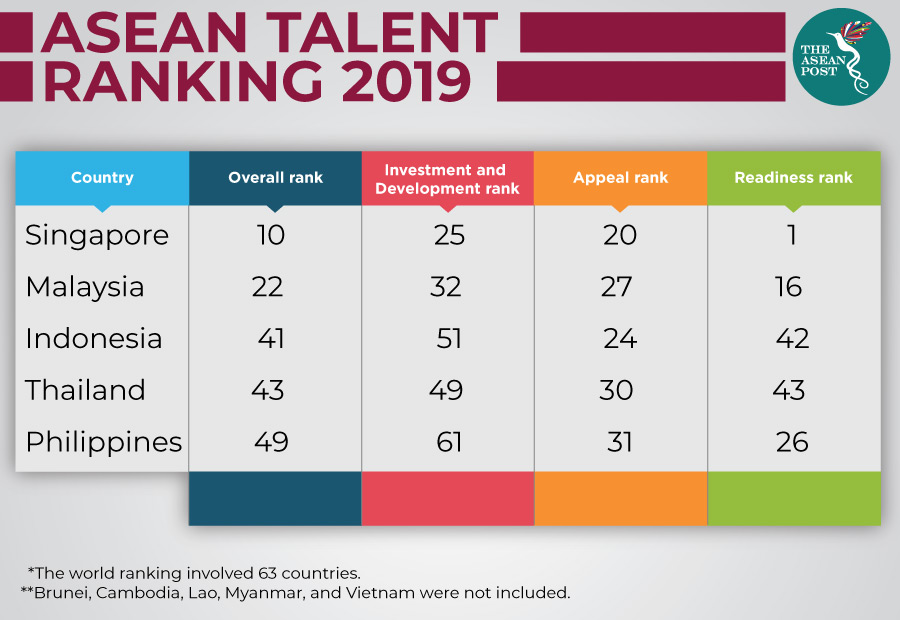Thailand’s Education Minister Nataphol Teepsuwan has outlined plans to improve the country’s vocational education sector. These plans have come following expressed fears that Thailand’s education system is not on par with international standards.
This is especially important if Thailand hopes to see its ambitious Eastern Economic Corridor (EEC) project become a success. The need for a properly trained and cost-effective workforce is emerging as a key concern for demanding prospective investors.
Thailand’s EEC is slated to become an arterial node for trade, investment, and regional transportation, besides also serving as a strategic gateway to the Southeast Asian region. Stretching a total area of 13,000 square kilometres – encompassing the eastern provinces of Rayong, Chonburi and Chachoengsao – it is part of the government’s wider Thailand 4.0 plan to transform the economy into Southeast Asia’s engine of growth.
The EEC is expected to attract approximately US$46 billion in investments focussed on “S-curve” industries – namely, next generation automotive, aviation and logistics, smart electronics, medical tourism, food, robotics, agriculture and biotechnology.
Ambitious as it may be, the lack of competent skilful talent may be a hindrance for further development of the EEC.
Nataphol revealed that he had spoken to ambassadors from countries around the world who had told him forthright that substantial investment from their countries was dependent on finding a competitive workforce available to firms relocating to the area. This is in spite of wide-ranging government incentives and the vast infrastructure being deployed.

Recently, the Swiss-based International Institute for Management Development (IMD) released its World Talent Ranking for 2019. The ranking involved 63 countries from around the world, including five ASEAN member states (Indonesia, Malaysia, the Philippines, Singapore and Thailand).
Thailand was placed second last among other ASEAN countries in the ranking, performing only better than the Philippines.
According to the IMD report, rankings were obtained by looking at three main factors: Investment and Development, Appeal, and Readiness. For Investment and Development, what the IMD looked at was the investment in and development of home-grown talent. For Appeal, the IMD looked at the extent to which a country taps into the overseas talent pool. Thirdly, for Readiness, the IMD looked at the availability of skills and competencies in the talent pool.
For Investment and Development, Thailand dropped to 49th place compared to 46th in 2018. For Appeal, there was an even bigger drop to 30th from 24th in 2018. The only factor Thailand performed better in was Readiness where it was placed 43rd compared to 50th in 2018.
Making things better
Earlier this week, Nataphol announced that the Office of the Vocational Education Commission will now be working to assess the needs of foreign business concerns considering investment in Thailand. That office will then work to draw up a new education curriculum and newly designed training programmes to not only satisfy those needs but also in order to attain the international standards required along with the numbers to supply a viable workforce.
Nataphol, who was appointed in July, said that there would be a focus on advanced technology sectors such as robotics, artificial intelligence and automation. These were areas where young Thai graduates can confidently look forward to higher salaries often well above salary levels attained by university-educated graduates.
Aside from advanced technology, the minister also highlighted the need to improve the teaching of foreign languages in Thailand including English. He said that all vocational graduates for the new EEC will require at least one other language.
Another possible “language” that Thailand might be looking at is coding (computer programming language). Earlier this year, Nataphol revealed that his ministry would push for the inclusion of coding into the school curriculum.
Deputy Education Minister Kalaya Sophonpanich when responding to the proposal of teaching coding at schools from Future Forward MP Kulthida Roongruangkiat during the debate on the government’s policy statement said that it was her wish that Thai students learn a third language (in addition to English and their native language) as early as kindergarten if possible.
If Thailand does indeed follow through with its plan to upgrade its peoples’ skills, then it will stand to gain a lot more than just investors for the EEC.
Related articles:
